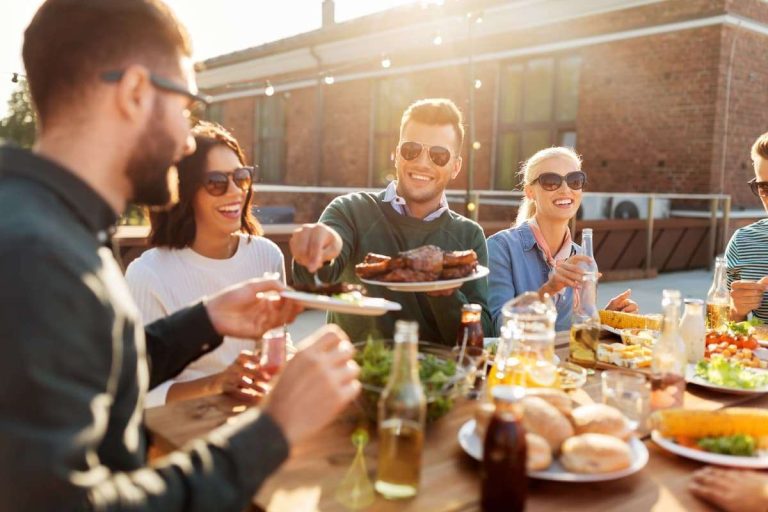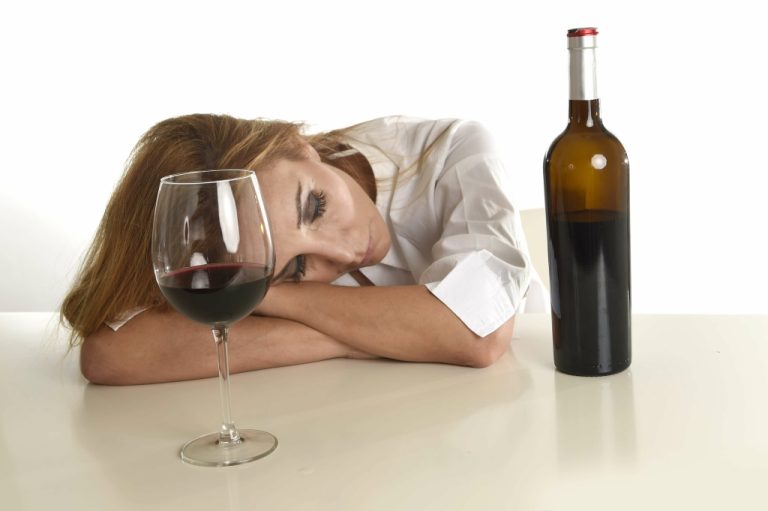Even worse, 37% of employees have felt pressured to drink by bosses at after-work gatherings. After https://uv.mohs.gov.mn/2022/11/08/the-benefits-of-mindful-art-practices-for/ the temporary relief, alcohol can cause a crash where you feel worse than before. For many, alcohol is a way to celebrate and socialize with family and friends.
Drinking to Suppress Negative Emotions
As the dependence grows, alcoholics begin to experience trouble maintaining personal relationships with family and friends. They avoid responsibilities and social interactions as they become more dependent on alcohol. Alcohol’s properties that contribute to stress relief and relaxation also make it a common coping tool for dealing with emotional pain. It provides a temporary escape from reality, allowing individuals to avoid their problems and negative emotions. Unfortunately, using alcohol in this way often leads to abuse and dependency, ultimately worsening emotional struggles.
What role do early life experiences play in developing alcoholism?
Studies showed that people drink more when there’s (any) music in the background, and one showed that tempo matters — faster music leads to faster drinking. Likewise, booze-positive social media posts represent a highlight reel — after all, people don’t share their hangovers or rehab stints with the same gusto. Young adult women are more likely to drink heavily, at 7.2%, while men of this age were at 6.7%. Of the 2.4 million young adults who reported heavy alcohol use, 1.6 million were white, 209,000 were Black, 36,000 were Asian, 449,000 were Hispanic or Latino, and 4,000 were American Indian or Alaskan Native.
- Eventually, the ethanol makes its way to your brain, where it can interfere with your neurotransmitter balance.
- For example, a military member who had survived a gruesome wartime event may turn to drinking alcohol because they are unable to healthily process their memories.
- Our compassionate team has helped thousands recover through personalized treatment plans focused on long-term sobriety.
- More than 1,500 college students between the ages of 18 and 24 die from unintentional alcohol-related injuries annually.
AA and most other treatment programs generally consider abstinence alcoholism the only desirable treatment outcome. The effects of abstinence on the alcoholic’s physical and psychological well-being, however, rarely have been examined. For example, the short-term death rate among the abstinent alcoholics in the College sample was similar to that among the progressive alcoholics.
How Can You Stop Alcohol Abuse?
Binge drinking is defined as reaching a blood alcohol concentration of 0.08% or higher within a short period, typically after consuming four drinks for women and five for men in about two hours. Heavy drinking includes binge drinking and is quantified as four or more drinks for women and five or more drinks for men on a single day. Multiple factors such as genetics, mental health, and environment play a significant role.
Escapism and Emotional Relief
The amount of time it takes to become addicted to alcohol depends on unique factors, such as a person’s genetic makeup and how much alcohol they consume. Some research suggests that those who begin drinking in their teen years and have a family history of alcohol addiction are more likely to develop problems with drinking. Those who drink large amounts of alcohol are likely to become addicted more quickly, as binge drinking and heavy drinking are both linked to alcohol addiction. The truth is, there are a variety of reasons why some people become alcoholics and others don’t.

- Social acceptance of drinking, influenced by cultural attitudes and peer pressure, increases the risk of alcohol abuse.
- But when you think about an alcoholic in the home, these individuals often stumble, trip, or fall in the household, hurting themselves and getting gashes or wounds that they don’t want anyone to know about.
- Yes, certain personality traits can influence the likelihood of developing alcoholism.
- Adolescents whose peers consume alcohol are 10.5% more likely to engage in drinking themselves.
- Drinking alcohol causes a change in the way certain brain chemicals function, leading to imbalances.
- And some of those genes could increase (or actually reduce) your risk for alcoholism.
Treating both mental health and alcoholism together is essential for recovery. Genetic influences play a significant role in an individual’s susceptibility to alcohol use and potential abuse. Research has shown that certain genetic variations can affect how a person’s body processes alcohol and their likelihood of developing alcohol use disorders.

For most people, the first exposure to alcohol was in a social setting. This initial introduction often occurs during the teenage years, a pivotal time for social development and experimentation. According to the National Survey on Drug Use and Health, about one in five people aged reported having at least one drink in their lifetime.
How does mental health affect alcoholism?
- Therefore, seeking treatment for the root cause can be beneficial in the long run.
- However, an individual who struggles with drinking may struggle to avoid alcohol consumption.
If you’re seeking alcohol rehab services for yourself or a loved one, don’t wait any longer. Contact us today to find out which of our treatment options if right for you. The neurotransmitters, or brain chemicals, of people struggling with heavy drinking can differ from other people. Drinking alcohol causes a change in the way certain brain chemicals function, leading to imbalances. «Shutting down this circuit restored alcohol-seeking despite the risk of shock,» said Halladay.
They also had fewer risk factors for alcoholism (e.g., alcoholic relatives or behavioral problems in school) than alcoholics with a progressive disease course. Moreover, atypical alcoholics were less likely to die before their 60th birthday than progressive alcoholics. The Core City participants included 116 men who met the diagnosis for alcohol abuse and/or dependence at some points in why do people become alcoholics their lives and whose life courses of alcoholism could be charted (figure 2). As previously mentioned, these men were interviewed at ages 25, 31, and 47 and received biennial questionnaires thereafter. The analyses found that the number of alcoholics increased steadily until age 40 but subsequently declined.
Autism and learning disability
Ultimately, people become alcoholics because of a process known as ‘positive reinforcement’. Positive reinforcement encourages certain patterns of behaviour to form by offering a perceived ‘reward’ for that behaviour. Learn all about the causes of alcoholism and why people become alcoholics. Drinking-related events, like movies, event commercials, etc., boost one’s desire for alcohol. Contrarily, financial pressures like taxation make drinking less tempting.


